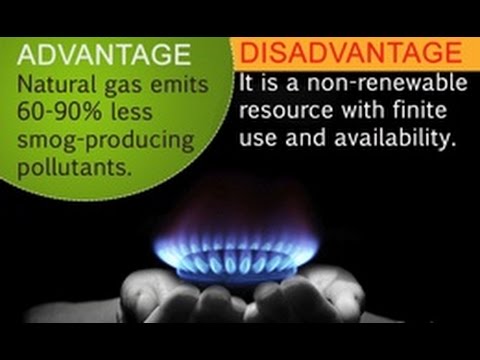Benefits of Natural Gas
Natural gas is a versatile and efficient source of energy that offers numerous benefits for both residential and industrial use. In this article, we will explore the various advantages of natural gas and how it can positively impact our daily lives.
Cost-Effectiveness
One of the key benefits of natural gas is its cost-effectiveness. Compared to other fossil fuels like oil or coal, natural gas is often more affordable. Its abundant availability and efficient extraction methods contribute to its lower cost, making it an attractive option for heating, cooking, and electricity generation.
Environmental Friendliness
Natural gas is considered a cleaner-burning fuel compared to other fossil fuels. When combusted, it produces significantly fewer greenhouse gas emissions, such as carbon dioxide and sulfur dioxide. This reduced emission of pollutants helps to mitigate climate change and improve air quality, making natural gas a more environmentally friendly choice.
Reliability and Versatility
Natural gas is known for its reliability and versatility. It provides a consistent and uninterrupted supply of energy, as it is not dependent on weather conditions like solar or wind power. This reliability makes it a preferred choice for heating homes, powering appliances, and fueling industrial processes.
Energy Efficiency
Another advantage of natural gas is its high energy efficiency. When used for heating, natural gas systems are known to provide quick and efficient warmth. Gas-powered appliances such as water heaters, stoves, and dryers are also highly efficient, allowing for significant energy savings in the long run.
Domestic Energy Source
Natural gas is often sourced domestically, reducing dependence on foreign energy imports. This not only strengthens national energy security but also promotes economic growth and job creation within the country. By utilizing natural gas as a primary energy source, nations can reduce their reliance on external energy supplies.
Power Generation
Natural gas plays a crucial role in power generation. It is widely used in gas-fired power plants to produce electricity efficiently and with lower emissions. The flexibility of natural gas power plants allows them to quickly respond to fluctuations in electricity demand, ensuring a stable and reliable power supply.

Natural gas offers numerous benefits, including cost-effectiveness, environmental friendliness, reliability, and energy efficiency. As a domestic energy source, it promotes energy security and contributes to economic growth. By harnessing the advantages of natural gas, we can create a sustainable and cleaner energy future.
Frequently Asked Questions about the Benefits of Natural Gas
1. What are the environmental benefits of natural gas?
Natural gas is considered a cleaner-burning fossil fuel compared to coal and oil. It produces fewer greenhouse gas emissions, reduces air pollution, and contributes to lower levels of acid rain and smog formation.
2. How does natural gas benefit the economy?
Natural gas provides significant economic benefits by creating jobs in the exploration, production, and distribution sectors. It also contributes to economic growth by attracting investments, reducing energy costs for businesses, and supporting domestic industries.
3. Are there any health benefits associated with using natural gas?
Using natural gas for heating and cooking purposes can improve indoor air quality as it produces fewer pollutants compared to other fossil fuels. This can lead to reduced respiratory problems and a healthier living environment.
4. Does natural gas help in reducing energy costs?
Yes, natural gas is generally more affordable compared to other energy sources. It can help lower energy costs for households, businesses, and industries, leading to potential savings on heating, electricity, and fuel expenses.
5. Can natural gas be used as a renewable energy source?
No, natural gas is a non-renewable energy source. It is formed from the remains of ancient plants and animals over millions of years. However, it is considered a transitional fuel due to its lower carbon emissions compared to coal and oil.
6. How does natural gas benefit the transportation sector?
Natural gas can be used as a transportation fuel, particularly in vehicles equipped with natural gas engines. It offers advantages such as lower fuel costs, reduced emissions, and increased energy security by reducing dependence on oil imports.
7. Are there any benefits of natural gas for electricity generation?
Natural gas power plants are highly efficient and can quickly respond to changes in electricity demand. They provide a reliable and flexible source of electricity, complementing intermittent renewable energy sources like wind and solar power.
8. Can natural gas be used for water heating?
Yes, natural gas is commonly used for water heating purposes. It is a cost-effective and efficient option, allowing for quick and continuous hot water supply in residential and commercial settings.
9. What is the role of natural gas in reducing carbon emissions?
Replacing coal-fired power plants with natural gas power plants can significantly reduce carbon dioxide emissions. Natural gas emits about 50% less carbon dioxide compared to coal, making it an important tool in the transition towards a low-carbon energy system.
10. Are there any geopolitical benefits associated with natural gas?
Natural gas resources can enhance energy security by reducing dependence on foreign oil imports. It allows countries to diversify their energy sources and reduce vulnerability to price fluctuations and supply disruptions in the global oil market.




